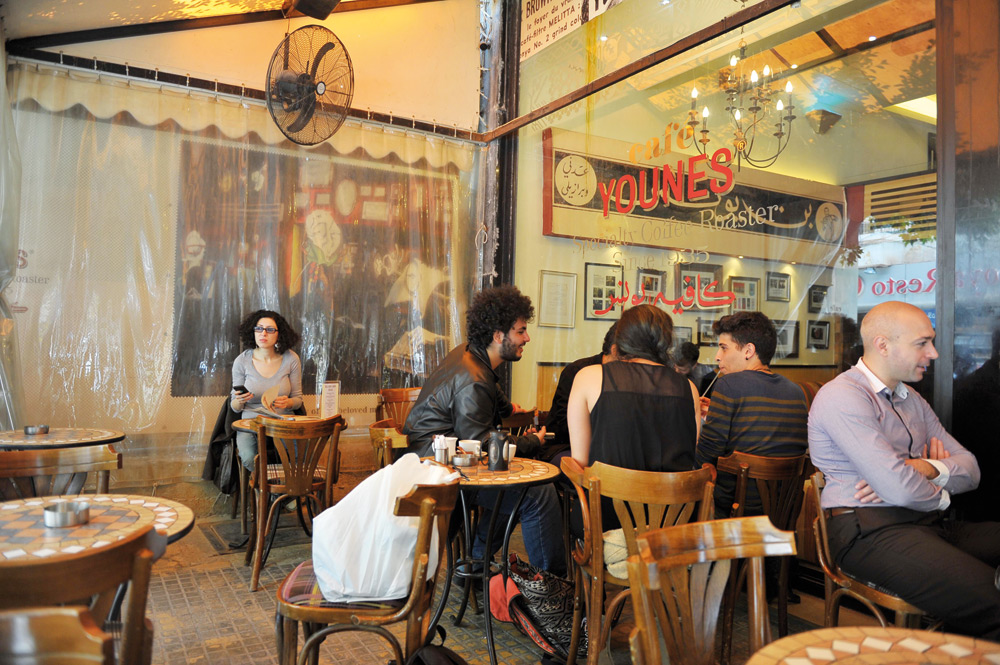Misconception: Mystery Shopping only serves to catch employees doing something wrong;
This is one of the most prominent criticisms with regards to mystery shopping; however, this should not be the case. The main goal of using this method is to identify differences between defined company standards and the reality in everyday life.
Yes, mystery shopping is a third eye and can put pressure on the staff, but for the better good,” Nader says.
If the results imply that staff is not behaving according to the desired standards, this might not necessarily be their fault. High standards each and every day ensure the right employees do the right things; he adds.
To Haddad, this may simply be a consequence of inadequate training and a lack of information. How about if employees are trained to the fullest, but then work for managers who don’t run the operations up to high standards? he asks. This is like spinning your company’s wheels and lowering the brand perception in customers’ eyes, and this is how mystery shopping spots on.
Thus, before blaming it all on the employees, mistakes in execution should therefore firstly be discussed with superiors and management. If done effectively, mystery shopping is a powerful means for constructive feedback and the improvement of communication and training within a company.











